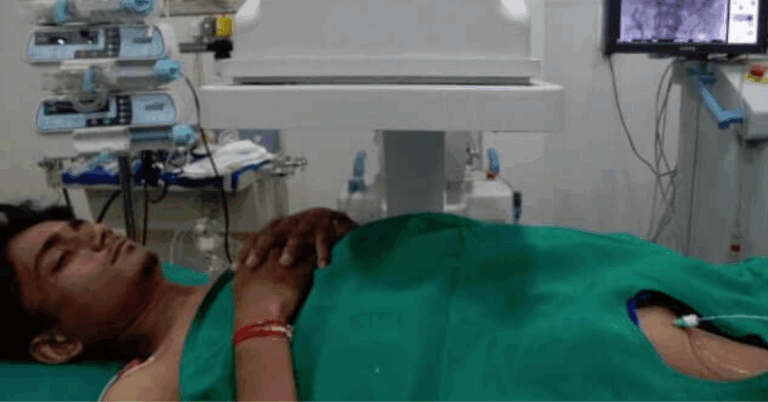How to Improve Healthcare Collaboration
In the world of healthcare, collaboration is vital for providing effective and comprehensive patient care. However, various challenges often hinder the seamless collaboration among healthcare professionals. One of the primary hurdles is the lack of clear communication channels between different departments and specialties. This communication breakdown can lead to misunderstandings, delays in treatment, and ultimately compromise patient outcomes.
In addition to communication barriers, another challenge in healthcare collaboration is the differing priorities and goals among various healthcare professionals. Each member of the healthcare team may have their own set of objectives, which can sometimes conflict with those of their colleagues. These conflicting priorities can cause friction within the team and hinder the collaborative effort required to deliver the best possible care to patients.
Importance of Interdisciplinary Communication
Effective interdisciplinary communication within healthcare teams is crucial for providing high-quality patient care. When professionals from different disciplines collaborate efficiently, it leads to better treatment outcomes and improved overall patient experience. By sharing relevant information and insights with one another, team members can ensure a holistic approach to patient care, addressing diverse needs and perspectives.
Furthermore, interdisciplinary communication fosters a collaborative environment where healthcare professionals can leverage each other’s expertise and knowledge. This synergy allows for a comprehensive assessment of patient conditions and personalized treatment plans that consider all aspects of an individual’s health. Through active communication and shared decision-making, interdisciplinary teams can navigate complex cases more effectively and ultimately enhance patient outcomes.
Why is interdisciplinary communication important in healthcare collaboration?
Interdisciplinary communication is important in healthcare collaboration because it allows different healthcare professionals to share important information, coordinate care effectively, and make informed decisions to improve patient outcomes.
What are some common challenges in healthcare collaboration?
Some common challenges in healthcare collaboration include differences in communication styles, lack of understanding of each other’s roles and responsibilities, and competing priorities among healthcare professionals.
How can interdisciplinary communication help improve patient care?
Interdisciplinary communication can help improve patient care by promoting a team-based approach to care, reducing medical errors, and enhancing the overall quality of care through better coordination and collaboration among healthcare professionals.
What are some strategies to improve interdisciplinary communication in healthcare settings?
Some strategies to improve interdisciplinary communication in healthcare settings include regular team meetings, clear communication protocols, training on effective communication techniques, and fostering a culture of collaboration and mutual respect among healthcare professionals.






